Role Reversal
My addiction, despite treating it for twelve years, has never stopped amazing me.
When I sit in meetings and hear people share their stories, I am reminded of my own. And the more time I have sober, the more difficult it is to believe the lengths I used to go for a drink or drug. In this way, meetings become more important—not less—the more clean and sober time I accumulate.
Addiction enslaved me. There is no question about that. I know what involuntary self-servitude feels like. I know how it feels to lose the choice of what to do next, who to see, where to go. I have opposed my better instincts time and time again.
The miracle becomes how someone like me, who 12 years ago woke each morning with a crippling craving, can avoid succumbing to one for this long. I don’t understand it. And I’m sorry for anyone who clicked on this blog seeking a cure for their suffering. Similar to needing meetings now more than ever, the paradox is that the longer I stay sober, the less I understand exactly how I do it. It seems the one thing I really need to know is that I suffer from addiction. Everything else takes care of itself if I keep that truth in the forefront of my life.
By becoming abstinent, my addiction no longer enslaves me. And while I am not its master, nor will I ever be, I can attempt a sort of self-mastery that uses my addiction for the better. So long as I continue to abstain from picking up.
It is a total role reversal. Today I use my nature to my advantage. Active in addiction, my nature used me.
I found myself the other day teaching the notion of role reversals in two different classes.
Frederick Douglass wrote that he achieved manhood while standing up to the slave breaker Covey.
His master Auld sent him to the eastern shore of Maryland to be broken like a horse—made submissive. The goal of slave breaking, as I understand it, was to remind the slave that he is nothing more than a slave, that he has no individual will aside from his master’s.
If you’re a Douglass fan like I am, you know that Douglass made a career out of using the slave master’s tools against him. His writing flips the script of the slave-master relationship. Like so many great Americans, Douglass took advantage of the space between America’s higher principles and its hypocritical practice.
He defeated Covey without landing a single punch.
This makes for a great discussion in the classroom.
Douglass wrote that he defeated Covey by resisting Covey’s attempts to subdue him. In doing so, in keeping Douglass pinned to the wall for two hours, the slave broke the slave-breaker. Douglass stripped Covey of his purpose. He wrote about the account as his rite of passage into manhood.
Anyone can draw strength from this example—asserting who you are in the face of those who tell you differently.
Later that day, I was teaching a class on British Literature.
I love the challenge, by the way. Going from African-American Literature to British Literature and back—from the world’s foremost colonizer to the foremost colonized in a day. It’s why literature as a study is so core to education. It’s not about which side you are on. It is about walking to the other side of the wall before you make your decision. What a small and gated world we live in without the gift of the way other people see the world.
I digress.
The book I taught later in the day was Frankenstein.
Mary Shelley’s epic is my favorite book to teach. Students love it, surprisingly. Show me another pre-Victorian text that can entertain the modern teenage boy. Really. Leave it in the comments because I’d like to know.
The book opens with a letter written by explorer Robert Walton. He meets a man who was chasing a large figure in a dogsled, heading where Walton was heading, the northern most extremity of the globe. Readers can quickly make the assumption that this man, Frankenstein, is chasing his creature. What readers can’t answer is why. Why is the creator chasing its creation? Shouldn’t he be the master?
The great turning point in the creature’s life is when it surprises Frankenstein in the Alps and forces him to hear its story.
The creature demands that Frankenstein make it a companion, something as hideous as it is. Until this is accomplished, the creature vows to kill. THe reader knows the creature will kill all close to Frankenstein, but Frankenstein is to vain to think the creature is threatening anyone but him.
Talk about a role reversal. The creature’s great revenge is to force Frankenstein, his creator, to feel the same pit of lonely despair that it knows.
Teaching this idea of reversing roles got me thinking about my own story. I do think—and I’ve expressed this often on the blog—that the characteristics that stem from my addiction, mainly my obsessive nature, can be used for the good.
I just can’t forget who the master is. My Lord, that is.
Like reading literature, the treatment of addiction requires a shift in your point of view.
This is difficult.
When I first imagined a sober life, I could only conjure myself as some monk in a Himalayan temple. How can someone in my shoes stay sober without complete withdraw from society? Living on a planet where Bud Light Seltzer is a thing, how can anyone abstain?
Getting sober requires more than white knuckles and delirium tremens. It demands your imagination. You must take the leap of faith that living life differently from the way you do is a possibility in your life.
Reversing the role of your inner-addict can be done. Not only is it possible, but there are examples of it in the biographies and stories of men and women throughout history.
You are not taking that leap of faith alone.

 Previous Post
Previous Post Next Post
Next Post
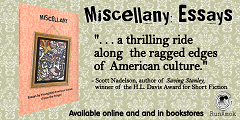
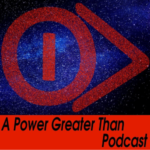

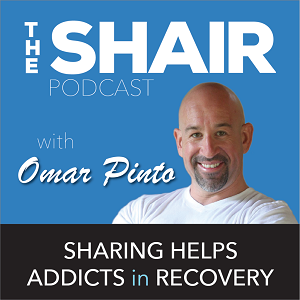
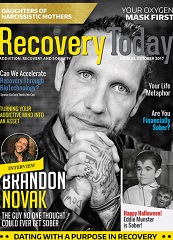
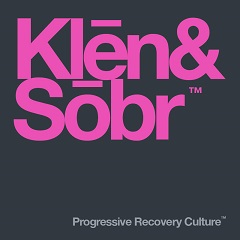



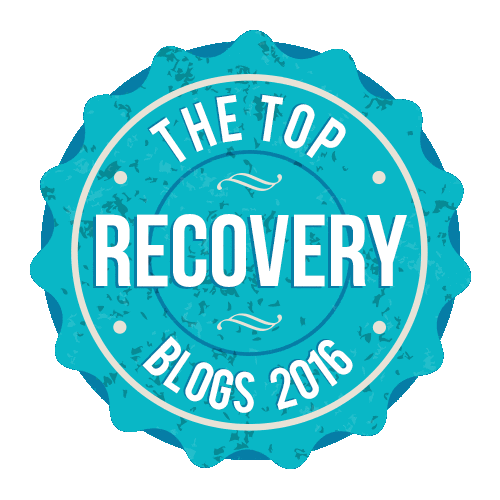
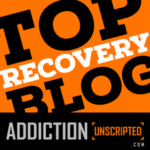
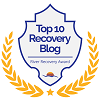
Press on, my fellow sojourner! So glad we have our sobriety in common, a gift to be treasured like wisdom. Keep up the great writing! And I hope we can attend the same meeting some day. If yours ever needs a speaker/lead, let me know. Jim and I celebrate 34 years this month, by God’s amazing grace.
Sarah, that’s great. Congratulations! I’ll keep your invitation in my mind. Thank you. At the moment, we’re dealing with a mess of family stuff so I’m not in a position to lead or chair much, but I hope that will change someday soon.
Never alone, Mark!
xo
Wendy
Ugh! Got my website wrong! LOL
I have followed you for a very long time. This is very well written and I also in awe of my sobriety. You have an understandable approach on this topic. Thank you for your insight !
Thank you Sally. Glad we can be on this road to recovery together. Appreciate you leaving word!
Great piece of writing.
Appreciate that, David.
Wish I was in your class! Shared on WTW.
Thanks for sharing Liz!